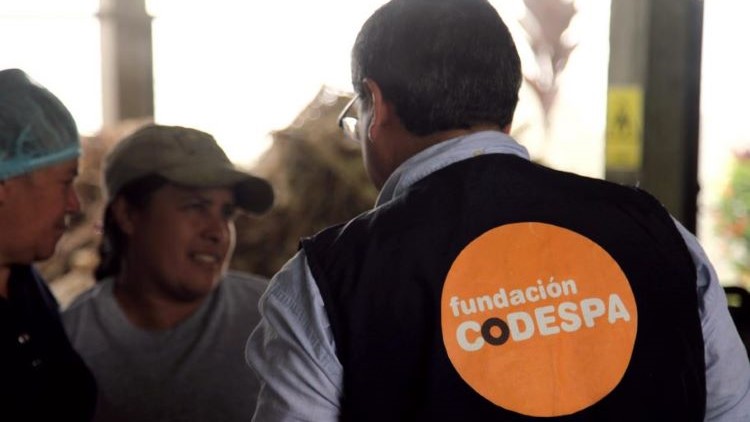The Diplomat
The Spanish Agency for International Development Cooperation (AECID) will allocate in 2023 up to eight million euros to subsidize development cooperation actions in the field of innovation, representing an increase of 135% over the 3.4 million euros of the previous year.
The objective of the call, published yesterday in the Official State Gazette (BOE) and signed on May 25 by the director of the AECID, Antón Leis, is to co-finance development cooperation actions in the field of innovation “that address social, economic, environmental and development challenges of the 2030 Agenda for Sustainable Development”. Actions that promote “innovative solutions already developed and successfully tested at pilot level” and the “scalability and replicability of those innovative solutions already successfully applied in Spanish Cooperation partner countries” will also be subsidized, in addition to knowledge activities in the field of innovation.
The main thematic areas of this call are rural development, food security, nutrition and agriculture, environment and climate change, health (in this sense, as read in the AECID resolution, “the current call should be aligned with the Spanish Cooperation Strategy against COVID-19”), gender equality, digital education in vulnerable communities, good governance strategies and initiatives, digital governance, promotion and defense of democracy and human rights, aid effectiveness and impact assessment of Spanish Cooperation activities and sustainable management.
In terms of geographic priorities, actions can be implemented in one of the least advanced partnership countries (Ethiopia, Mauritania, Mozambique, Niger but limited to Niamey, Senegal and Haiti), middle-income partnership countries (Bolivia, Colombia, Cuba, Dominican Republic, Ecuador, El Salvador, Guatemala, Honduras, Morocco, Nicaragua, Palestine, Paraguay, Peru and the Philippines) and advanced cooperation (Argentina, Brazil, Chile, Costa Rica, Mexico, Panama, Uruguay, Cape Verde, Egypt, Equatorial Guinea, Tunisia and Jordan), as well as Lebanon, Sahrawi refugee camps in Tindouf (Algeria), Syria, Afghanistan and Ukraine.
Within the private business sector, the call is open to companies in general, social economy enterprises and business associations and foundations; within the social sector, Non-Governmental Development Organizations (NGDOs); and within the academic and research sphere, universities, university foundations and research centers, both public and private. Public administrations, international or multilateral organizations and any entity in whose capital or assets a public administration participates are excluded as possible awardees, except in the case of academic and research entities.
The initial amount of the call for proposals is eight million euros, which may be increased with an additional credit of up to one million euros. The minimum grant per action may not be less than 400,000 euros or more than 800,000 euros. Likewise, the minimum grant to finance knowledge activities may not be less than 100,000 euros or more than 500,000 euros. As reported by Antón Leis last March 29 during the presentation of the calls for grants for 2023, the eight million euros earmarked for innovation grants this year represent an increase of 135% over the previous year.
Specifically, in the previous year, 3.4 million euros were allocated to subsidize a total of nine innovation projects. The largest amounts went to the Codespa Foundation (471,307 euros) to promote a coffee model without deforestation in Cauca (Colombia); the University of Seville (423,666 euros) for innovation in food security and circular economy in Honduras; the Associació Catalana d’Enginyeria Sense Fronteres (415. 415,000) for innovative solutions with solar energy and ICTs in rural drinking water and sanitation systems in El Salvador; and once again the University of Seville (‘407,100) for the production of fresh and healthy food for vulnerable families in Colombia.
The AECID has called for three calls for grants for a total of 68 million euros for 2023, divided into 45 million for the ordinary call for NGDO projects (an increase of 40%), 15 million for the call for humanitarian actions (an increase of 25%) and the aforementioned eight million for innovation actions.






